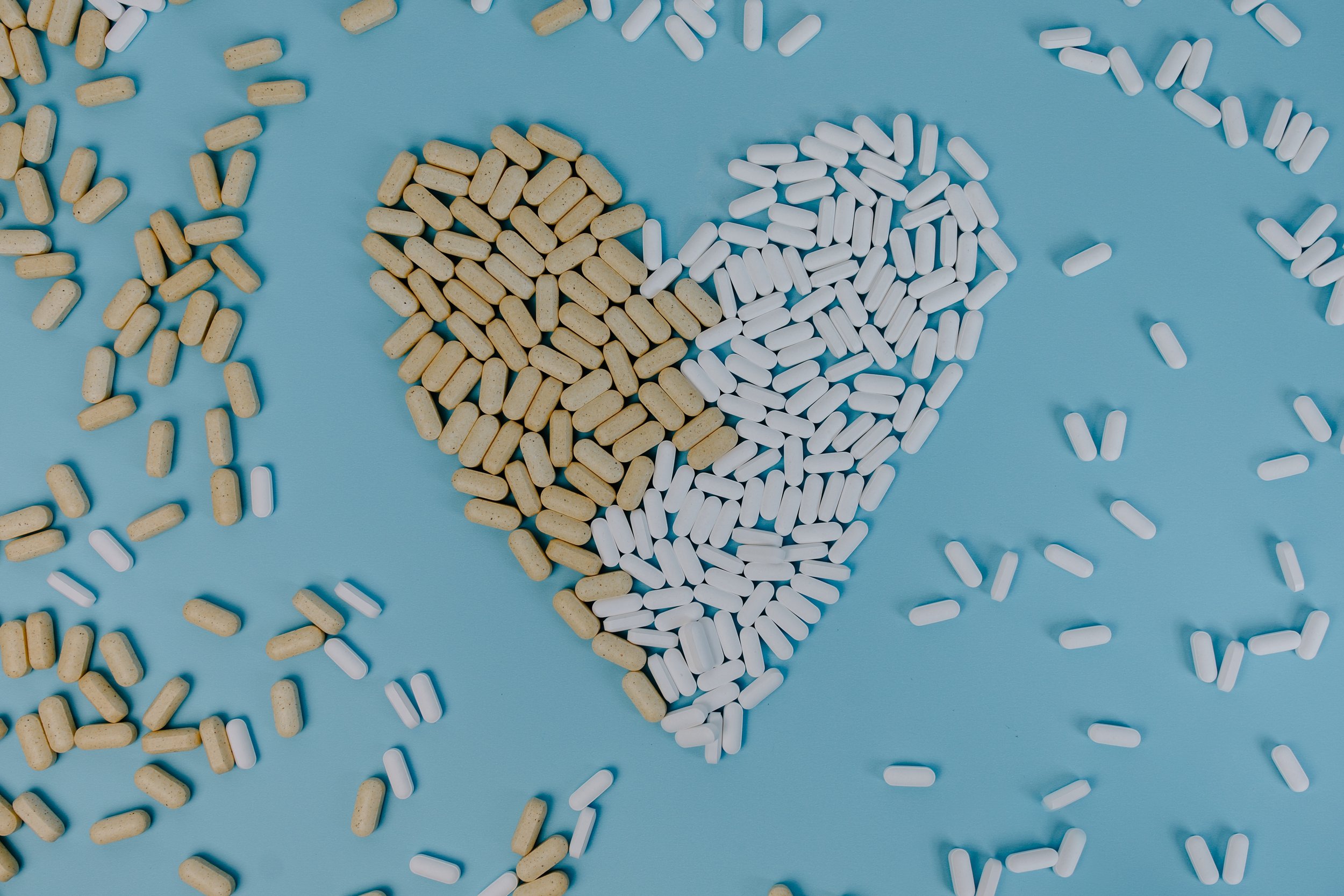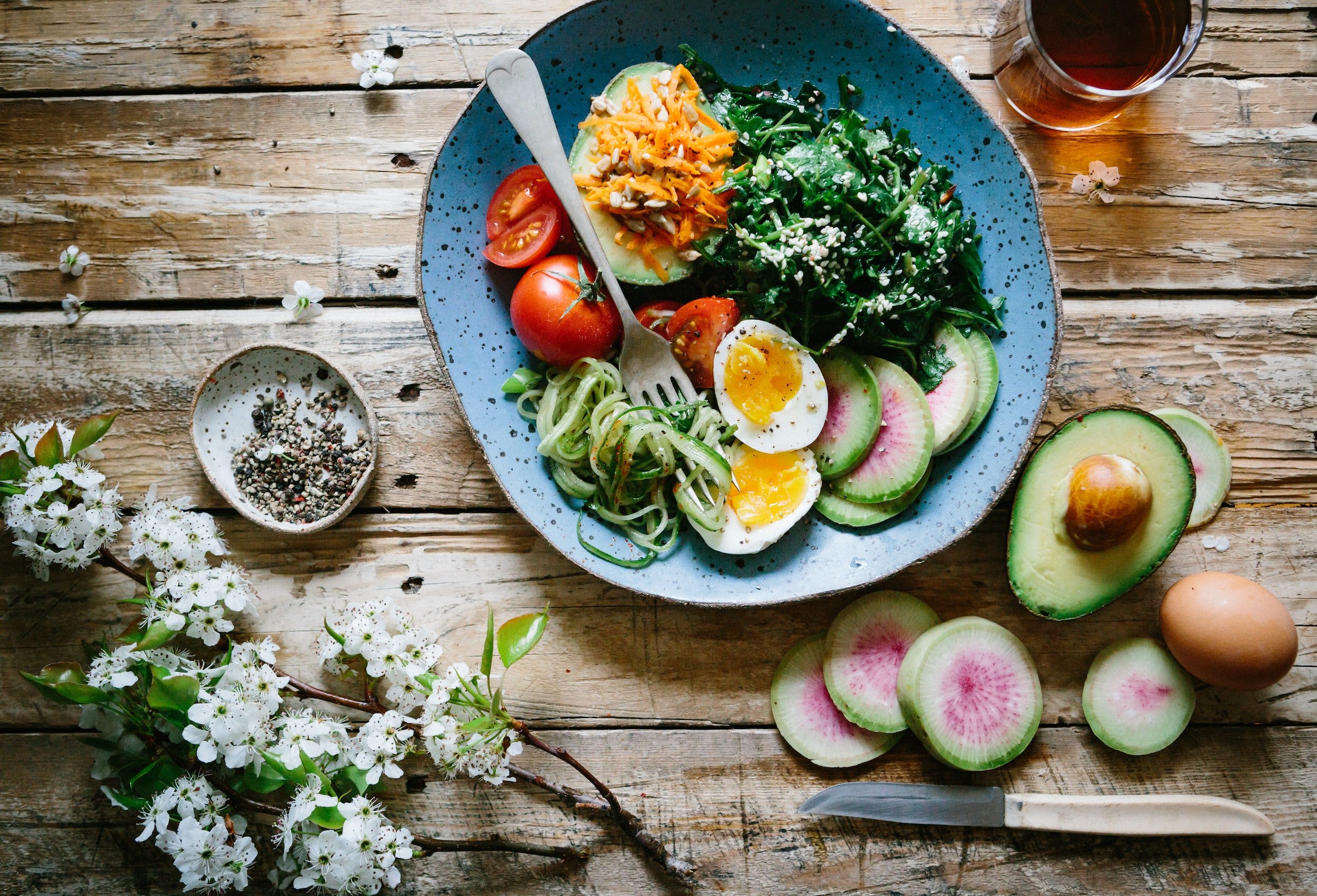
Well+Being Holistic Mental Health
Emotional Health & Wellness Tips From The Therapy Couch And Other Places

Amino Acid Therapy To Heal Your Brain & Improve Your Anxiety, Depression, ADHD & More.
Some common reasons people reach out for therapy and counseling is to address their new or longstanding mental health challenges. Symptoms such as anxiety, depression, addiction, insomnia and lack of motivation are often so debilitating that they are unable to live the life they desire. In my experience, psychiatric medications are essential for many, and truly life saving. But for those who have not had success with traditional psychiatry, it’s worth considering the highly-effective natural solutions that are rarely offered in conventional medicine.
Many mental health symptoms are all indications that levels of neurotransmitters such as serotonin, GABA, and the catecholamines dopamine and norepinephrine (there are more) are low. This is otherwise known as neurotransmitter dysfunction or imbalance. There are four main neurotransmitters involved with mood and behavior, and they are: serotonin, GABA, endorphins and the catecholamines (dopamine/Norepinephrine). The main focus with Amino Acid Therapy in clinical practice is on the serotonin-catecholamine system. Low levels of each of these, lead to a very specific pattern of mental health symptoms. It’s important to know that there are many reasons why brains become depleted and imbalanced, such as, trauma, chronic stress, chronic pain, loss, poor nutrition, addiction, hormonal changes and genetic predisposition, and thankfully, there are effective and powerful ways to restore brain health.
Our bodies need amino acids to work properly, and they are crucial to metabolic function. Some amino acids are made by the body, and others come from your diet. Typically, when you consume a protein, your body breaks it down and what's left is the amino acid. Amino acids are precursors to neurotransmitters, and when these vital messengers are deficient or imbalanced, information is not relayed optimally in the brain, and symptoms arise. Amino acid therapy aims to heal and restore the brain to optimal functioning by supplementing what’s missing based on history, symptoms, behaviors and response to trial treatment.

Essential Oils For A Balanced Life
For nearly two decades, I have received the benefits of essential oils in my health and well-being and at home. I continue learning and refining my understanding of these healing plants and their chemistry, and how they powerfully assist healing and balance. Essential oils can be used for a range of physical and emotional wellness applications, either single oils or complex blends all have an impact at the cellular level. Many integrative therapists and wellness practitioners artfully add aromatherapy to enhance their yoga, ayurvedic or Reiki practice. Essential oils are usually administered by one of three methods: diffused aromatically, applied topically, or taken internally as dietary supplements. I love these oils and use them daily in my life and to enhance my personal yoga practice.

Nurse, Heal Thyself
(by Kim Seelbrede, originally posted on urbanzen.org)
As snowflakes shimmered against the backdrop of the mountains, student nurses from around the country gathered to participate in the 59th annual National Student Nurses Association (NSNA) convention held in Salt Lake City. Urban Zen Integrative Therapy (UZIT) sessions were offered to the student nurses in The Sanctuary, which was generously provided by Johnson & Johnson. This sublime healing space allowed many nurses to experience, for the first time, the exquisite healing modalities offered by the Urban Zen Integrative Therapists. Introducing nurses to the concept of self-care was our mission; powerful, moving and comforting were but a few of the words participants used to describe their restorative sessions.
Maintaining calm in the chaos was no easy feat as hundreds of nurses waited patiently for their sessions. Once inside the soothing environment, students were given permission to “let go and receive” the self-care techniques

Lifestyle Changes To Reduce Chronic Pain, Inflammation And Depression
As a holistic psychotherapist in New York City, I'm always curious about the exquisite interplay between the mind and body, especially when patients present with symptoms that overlap. Women and men alike who seek therapy or consultation frequently report symptoms that seem to overlap with depression such as: fatigue, lethargy, insomnia, body aches, and sleep disturbances, decreased social activity, lethargy, decreased libido, appetite changes, and anhedonia. The picture, and the treatment plan, for these individuals is not always immediately clear. As a society, we are quick to prescribe an antidepressant or medication ignoring the root cause of suffering. Psychotherapists, when they are oriented to a mind-body connection, are in a perfect position to take a comprehensive approach to helping clients improve both emotional and physical well being. And this is where a holistic psychotherapist can help you heal along 10 or so mutually interdependent dimensions: emotional, environmental, financial, intellectual, physical, professional, sexual, social, health and cultural. Every aspect of wellness can affect a person's life.
What do we know about depression and chronic inflammation? Studies show a link between depression and inflammation that is bidirectional, that is, depression contributes to inflammatory responses in the body and inflammatory processes promotes depression. Inflammation is present in a number of disorders and systemic diseases, including: diabetes, metabolic syndrome, cardiovascular disease, rheumatoid arthritis, multiple sclerosis, asthma, chronic pain, and psoriasis. These chronic health conditions also put individuals at an increased risk for depression, according to The American Journal of Psychiatry.

Conquering Food Addictions With Dr. Neal Bernard
On this crisp Fall day, the Urban Zen Center welcomed Dr. Neal Barnard to share the science behind food addictions, and his solution of a plant-based (vegan) diet to control and reverse many chronic health problems, including food addiction. Winning Weight Battles And Conquering Cravings was the theme of the day as guests filled the stunning zen-like space. The six-hour workshop offered just the right balance of nutritional wisdom and delicious samples of the sweet and savory foods that promise to help heal our bodies. Can low fat, nutrition-dense food choices also be delicious? Absolutely, and my fellow attendees would agree.
The breeze from the garden was invigorating as the indoor space filled with the aroma of culinary delights that included kale and pear smoothies, vegan quesadillas and lentil stew on a bed of quinoa. With such a diverse group of guests, it was inevitable that someone would ask, “So what’s for dessert?” Not to disappoint, nutrition experts and chefs Christine Waltermyer, Jill Eckhart and Emily Richard served a raspberry chocolate mousse made with tofu. It was refreshing, (okay, pretty amazing, and I’m tofu-tolerant, not really a fan!).

